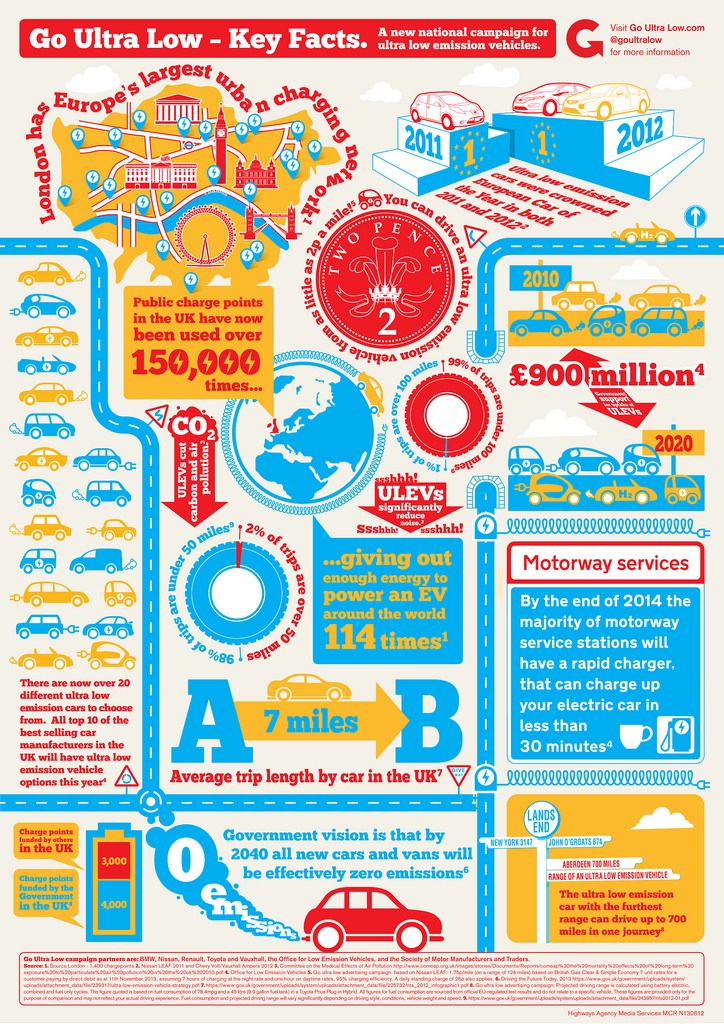5 Common Electric Car Myths

Sign up for daily news updates from CleanTechnica on email. Or follow us on Google News!
Originally published on EVANNEX.
In the UK, Go Ultra Low is a government-backed effort (in association with automakers) to spread awareness about electric vehicles. Go Ultra Low recently joined forces with OnePoll to publish new research regarding the public’s understanding (or lack thereof) related to plug-in cars. It turns out respondents had a number of common misconceptions about electric cars.
 2015 Tesla Model S in Wroclaw, Poland. Photo by Zach Shahan, CleanTechnica 2015 Tesla Model S in Wroclaw, Poland. Photo by Zach Shahan, CleanTechnica |
Head of Go Ultra Low, Poppy Welch, elaborates: “the research shows that there is much confusion and misunderstanding with the British public when it comes to pure electric cars… Dispelling these misconceptions and highlighting [EV] perks is therefore vital if we are to see more motorists make the switch to electric motoring.”In an effort to highlight key findings from their research study, Go Ultra Low points out 5 common myths…
Myth #1: Pure electric cars are slow.
Wrong — “Electric cars are quicker off the mark! While 47% of people think that petrol or diesel cars accelerate faster than pure electric, actually the opposite is true… most pure electric cars accelerate quicker than a petrol or diesel equivalent.” A lower-priced “Nissan Leaf accelerates from 0-60mph in just 7.4 seconds.” Meanwhile, a high-end Tesla Model S is one of the quickest production cars on planet earth — racing from 0-60mph in just 2.28 seconds.
Myth #2: There are only a few of models to choose from.
Not anymore. “There’s now an electric car for everyone. When it comes to buying pure electric cars, people don’t realize how much choice there is. Go Ultra Low’s research reveals that the average person thinks there are 9 models to choose from, but in fact there are now 17 pure electric car models available for purchase in the UK.” In addition, Top Gear just proclaimed the new Tesla Model 3 a “triumph” and it’s scheduled to arrive in the UK next year.
Myth #3: There aren’t enough public charge points.
This is another misconception. “The average Brit thinks there are only 6,000 charge point connectors in the UK, when in fact there are more than double this, at 16,738! As well as this, there are rapid chargers at more than 96% of Motorway Service Areas, and the UK has one the largest rapid charge networks in Europe.” And Tesla owners can access thousands of the company’s own Superchargers all across Europe.
Myth #4: They’re too expensive.
Incorrect — “an electric car could [actually] save you money. Pure electric cars may have higher upfront purchase costs, however, you could actually save… in tax and fuel [costs] if you choose pure electric over petrol or diesel. And, with maintenance costs also around 70% less over a car’s lifetime, when it comes to your wallet, going electric is a no-brainer.” In fact, a look at servicing a Tesla, for instance, shows just how much easier (and cleaner) the process is than servicing an internal combustion engine gas-powered car.
Myth #5: Pure electric cars are a technology for the future.
Wrong — “the switch to electric has already begun. Though the average person in the UK thinks that pure electric cars are still a novelty on our roads, many motorists are already driving zero-emission electric cars. There are nearly 40,000 already on the roads today and this figure is on the rise – around 6,000 have already been registered in the first 5 months of this year.” And, worldwide, the International Energy Agency reported a record 3 million electric cars on the road last year.
 |
Source: Go Ultra Low
Featured image: Tesla Model 3 & S & X lineup in Florida. Photo by Zach Shahan, CleanTechnica

Chip in a few dollars a month to help support independent cleantech coverage that helps to accelerate the cleantech revolution!
Have a tip for CleanTechnica? Want to advertise? Want to suggest a guest for our CleanTech Talk podcast? Contact us here.
Sign up for our daily newsletter for 15 new cleantech stories a day. Or sign up for our weekly one if daily is too frequent.
CleanTechnica uses affiliate links. See our policy here.
CleanTechnica's Comment Policy
